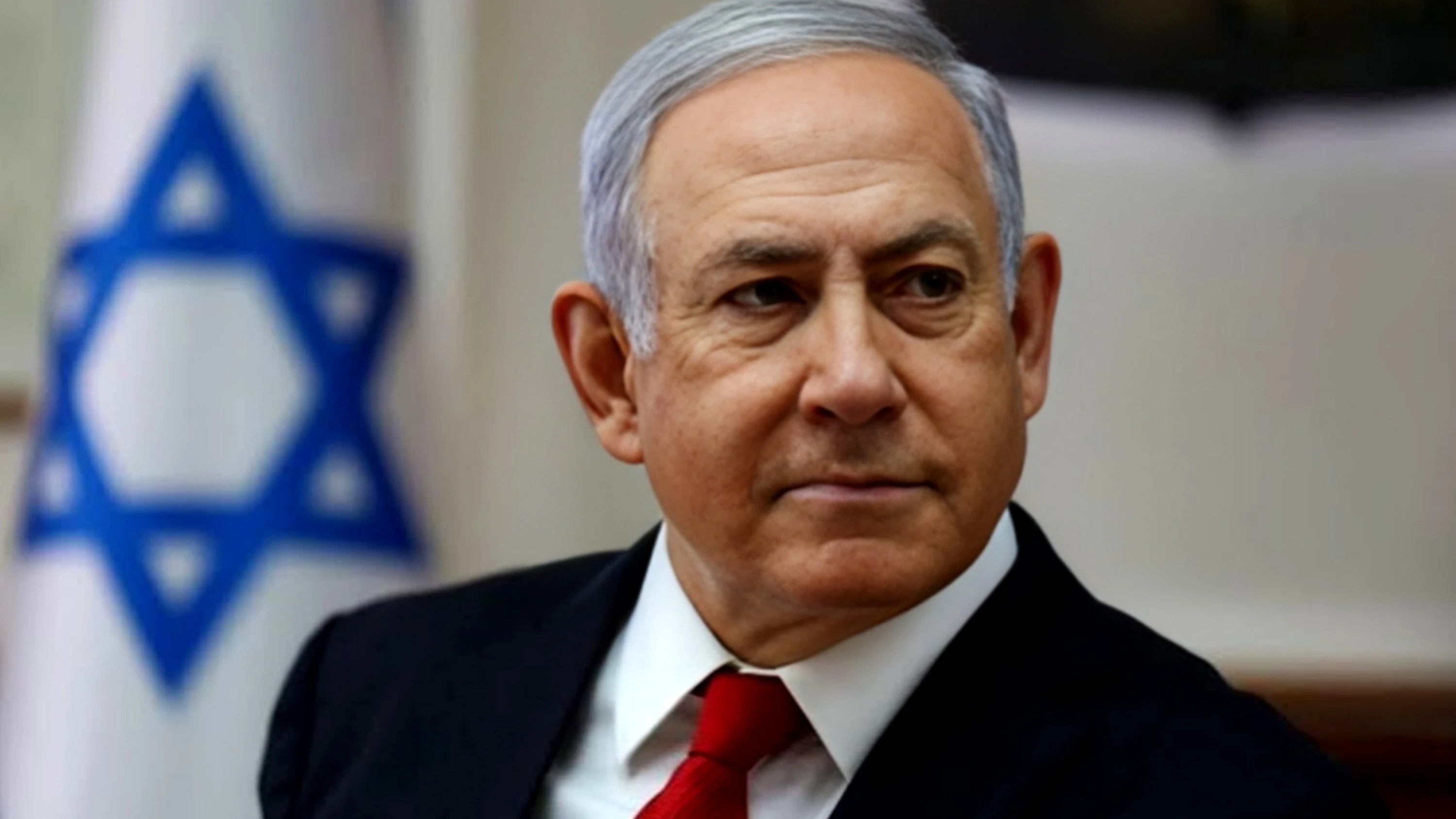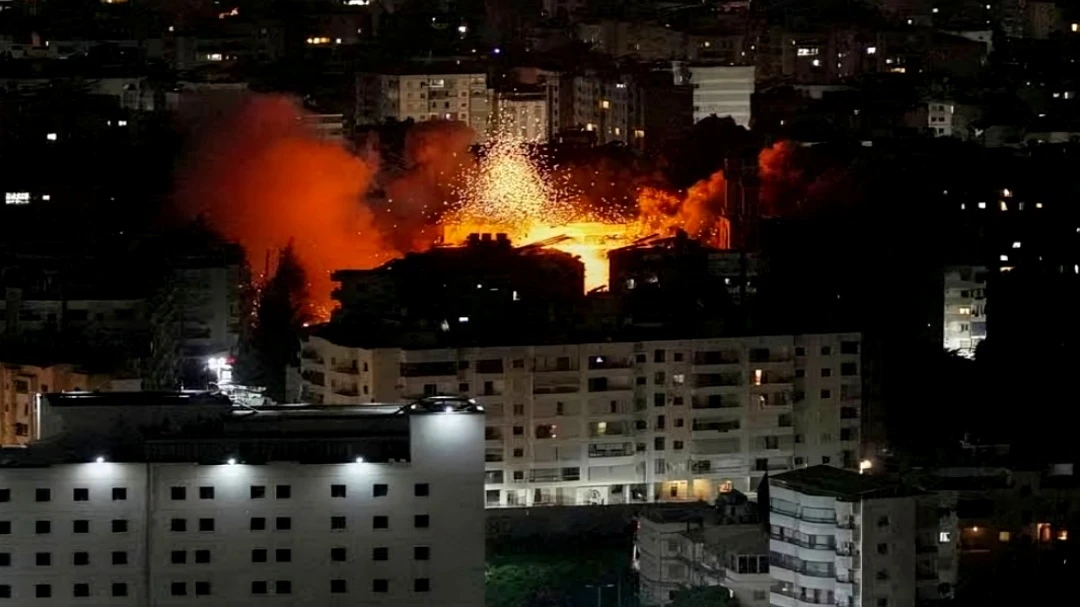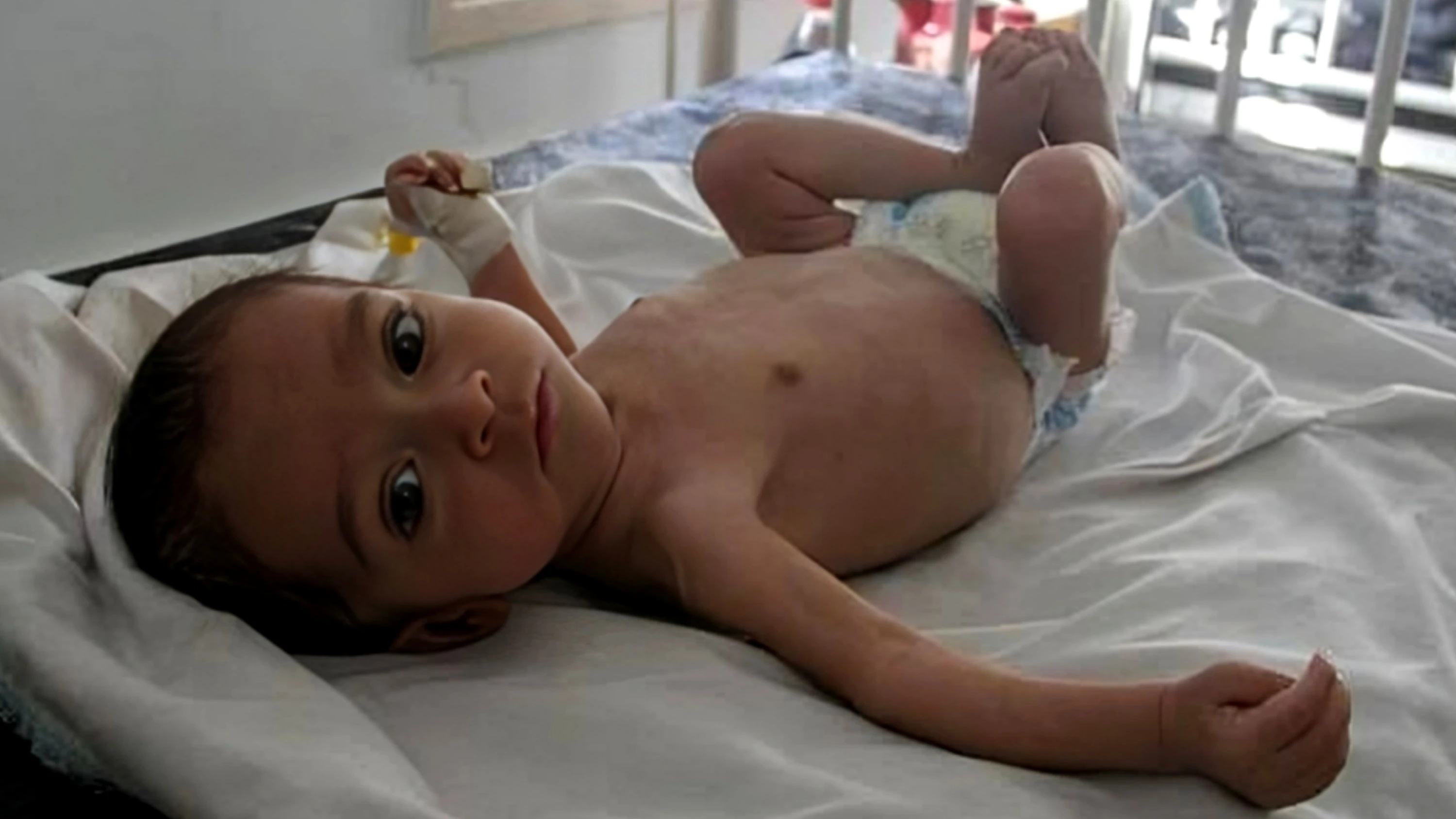Deir el-Balah: The already fragile aid delivery system in Gaza is now under serious threat due to a rapidly deteriorating security environment, even as Israel announced the allowance of limited humanitarian aid into the Strip.
According to field reports, the chaos on the ground has created a situation where aid convoys are now at high risk of being looted by armed groups, as local law enforcement struggles to maintain control.
The collapse of security is being fueled by systematic Israeli attacks on the very forces tasked with protecting the delivery of aid. In one such incident on Thursday, Israeli forces targeted a group of Palestinian police officers affiliated with Hamas’s Ministry of Interior as they were securing an eight-truck convoy entering Gaza. The strike reportedly killed six officers and left dozens of civilians injured, highlighting the extreme danger that now surrounds humanitarian operations.
The attack has caused widespread disruption in the aid process. With law enforcement personnel increasingly targeted, convoys are moving without protection, making them easy targets for looters and armed gangs that have emerged in the power vacuum. Local sources describe a growing sense of lawlessness, particularly in areas like Deir el-Balah, where many aid trucks pass through on their way to harder-hit northern regions.
Despite the Israeli government's announcement to facilitate basic aid, the reality on the ground paints a starkly different picture. The destruction of key security infrastructure and the targeting of escort forces effectively undermine any attempt to ensure safe and organized distribution. International humanitarian organizations have raised alarms, stating that without adequate protection, the little aid allowed in cannot be reliably or equitably distributed to those in desperate need.
This breakdown in civil security comes amid an ongoing Israeli military campaign that continues to pound Gaza, further complicating efforts by aid workers and deepening the humanitarian catastrophe. The targeting of police forces charged with protecting aid convoys may suggest a strategy that sees even humanitarian logistics as a battlefield, further endangering civilians.








